-
 Continue reading →: Where did our morals go?
Continue reading →: Where did our morals go?The author reflects on the stress and cost of moving their blog to Wordpress, prompting a reevaluation of their writing style and moral perspective. Initially more confident and strident, their tone has softened post-bereavement. They critique contemporary politics, noting a decline in moral reasoning and the prioritization of self-interest within…
-
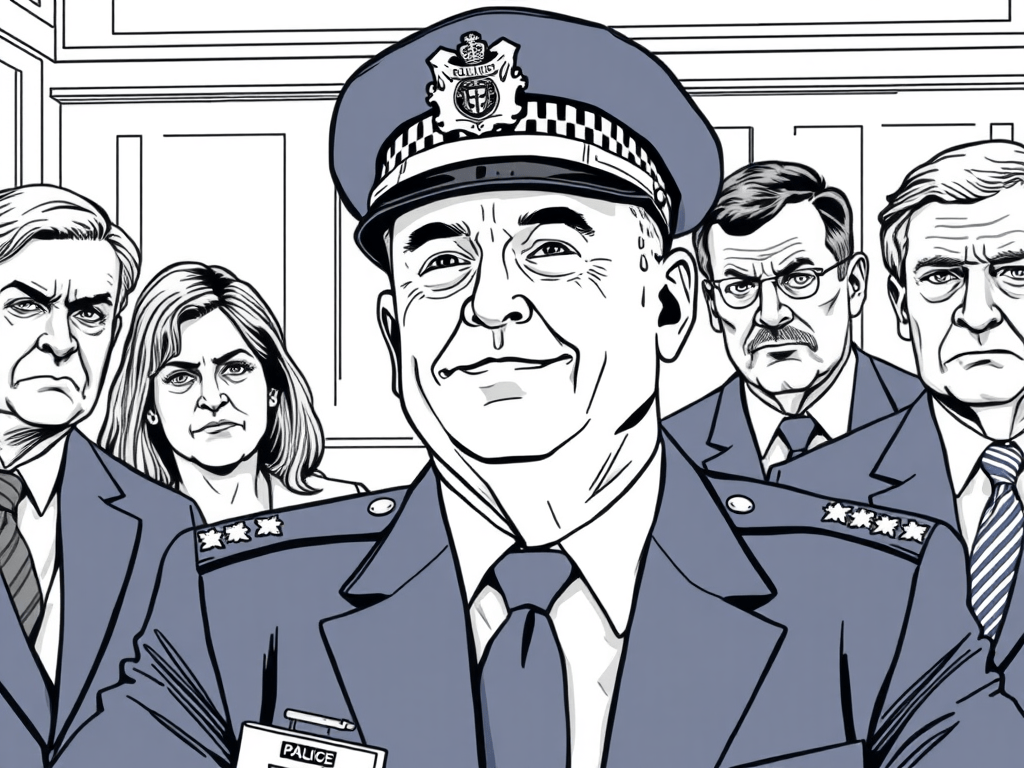 Continue reading →: Servants or masters?
Continue reading →: Servants or masters?Craig Guildford has retired as Chief Constable of West Midlands Police, the UK’s second largest force. He has retired on a full pension at the age of 52. The British taxpayers get to pay for him for the rest of his life. It seems that he may have received a…
-
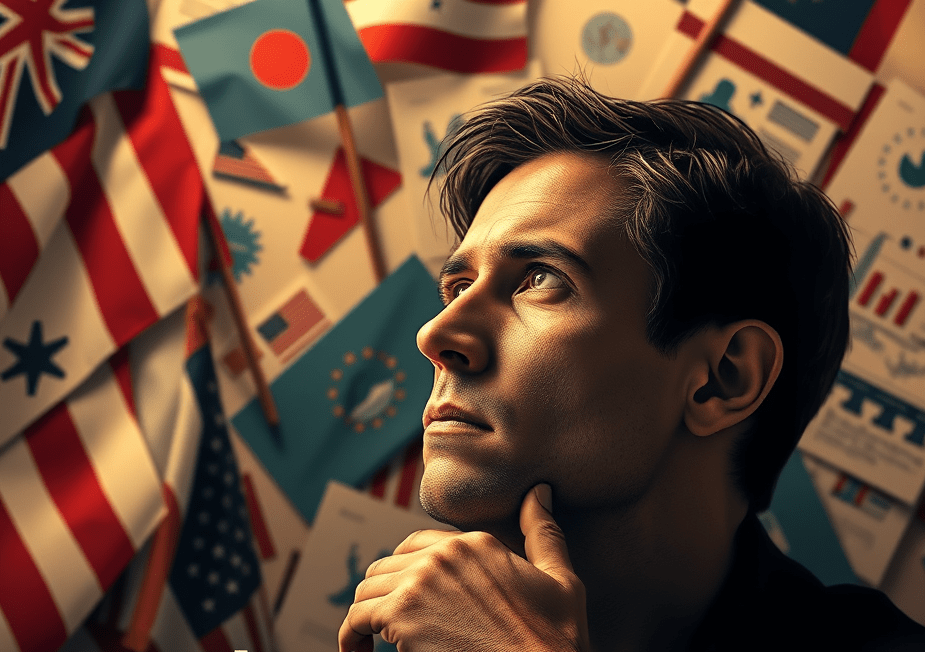 Continue reading →: How to make it make sense
Continue reading →: How to make it make senseSo much political debate now is tribal. Any idea that originates from a political “foe” will instantly be opposed. It’s almost as if no thinking is going on at all. To some extent, I suppose, this has always been true. My first political act as an adult was to vote…
-
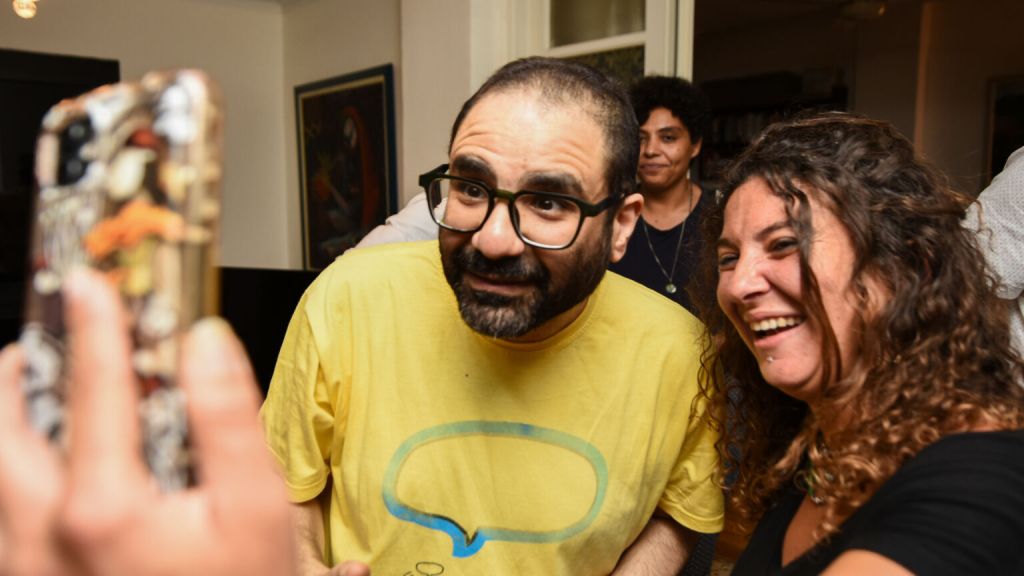 Continue reading →: Alaa Abd el-Fattah should not be in Britain.
Continue reading →: Alaa Abd el-Fattah should not be in Britain.I knew that becoming a Christian again would have costs. I couldn’t just expect it to end as it began; with the wonderful feeling of a great weight lifted from my shoulders as I placed my faith in God’s plan. I find my posts on X.com to be rather different,…
-
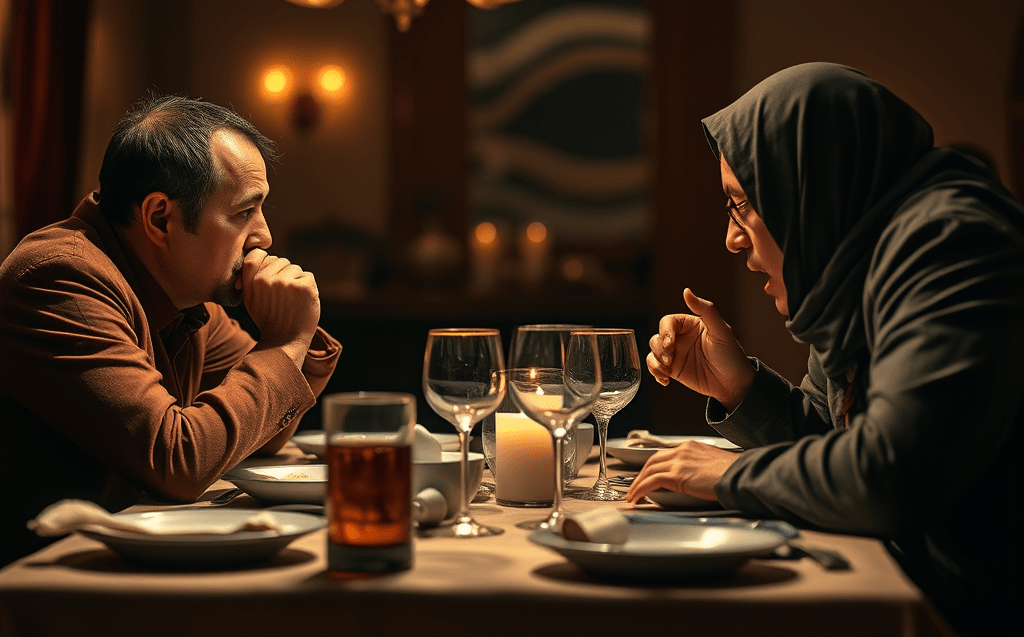 Continue reading →: Reconciling Views and Relationships
Continue reading →: Reconciling Views and RelationshipsI was disconcerted to be told by Hercules over dinner last week that I am a racist. He based this assessment on his reading of my article Progressing Back to the Middle Ages in which I wrote this; Perhaps the Yom Kippur attack in Manchester is not a pogrom as…
-
 Continue reading →: Thoughts on the festive season
Continue reading →: Thoughts on the festive seasonThe author reflects on their first Christmas as a Christian since 1969, sharing thoughts on the holiday’s significance amid societal changes. They reminisce about personal experiences, including family gatherings and celebrations. Acknowledging the contrast between past and present, they emphasize the enduring importance of family connections and moments of joy…
-
 Continue reading →: “The lamp that shows that freedom lives” is to be extinguished by Labour.
Continue reading →: “The lamp that shows that freedom lives” is to be extinguished by Labour.The author expresses deep concern over recent legal reforms in Britain, particularly the abolition of double jeopardy and the introduction of laws like the Prevention of Terrorism Act. They warn that proposals to limit jury trials, especially by figures like David Lammy, threaten justice, shifting power to biased judges and…
-
 Continue reading →: Happiness Beyond Doomscrolling
Continue reading →: Happiness Beyond DoomscrollingThe author reflects on the unhealthy habit of doom scrolling and the ineffectiveness of civic engagement, despite a fulfilling life blessed with love, family, and intellectual stimulation. They express a desire to focus on positivity and share their enjoyment of a light-hearted fishing show featuring two friends confronting life’s challenges,…
-
 Continue reading →: If a Star of David antagonises you, you’re a racist.
Continue reading →: If a Star of David antagonises you, you’re a racist.The post discusses the evolving perception of racism in Britain, emphasizing a Jewish man’s arrest for wearing a Star of David. The author reflects on personal experiences with racism, critiques the heightened sensitivity around race, and questions if current anti-racism laws address the real issues.

THE LAST DITCH
Your blogger

Tom is a retired international lawyer. He was a partner in a City of London law firm and spent almost twenty years abroad serving clients from all over the world.
Returning to London on retirement in 2011, he was dismayed to discover how much liberty had been lost in the UK while he was away.
He’s a classical liberal (libertarian, if you must) who, like his illustrious namesake, considers that
“…government even in its best state is but a necessary evil; in its worst state an intolerable one.”
Socials
Subscribe
Receive content by email
Latest comments
I’ve always tried to live my life doing no wrong but life isn’t like that so you make compromised but…
Hate to tell you this, but it’s not going to end until you end it. You think people to whom…
[…] – Tom Paine […]
They are servants. Just not of the public. He gets a full pension because he did his job for his…
ARCHIVES
Blogspot Archive Mar 2005 – Sep 2006
TypePad/WordPress Archives Sep 2006 – date
The Great American Road Trip of 2013
The Great American Road Trip Posts
First post (in case you want to read it from the beginning)
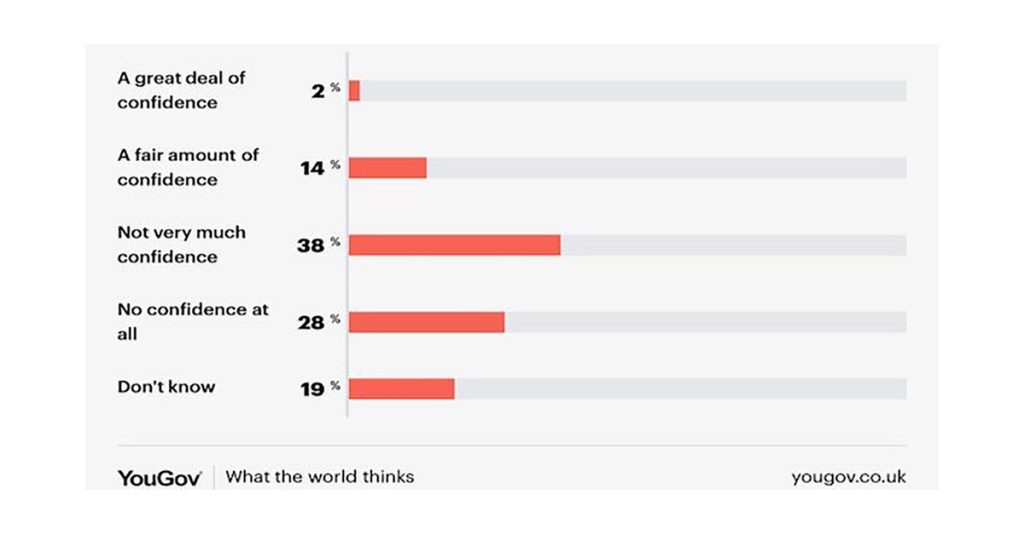
There are many reasons they’re not passed down, Tom. The Triune code, laid out in scripture in all reputable versions…